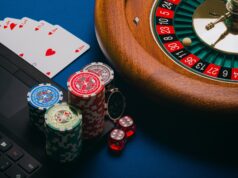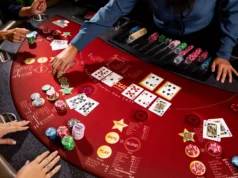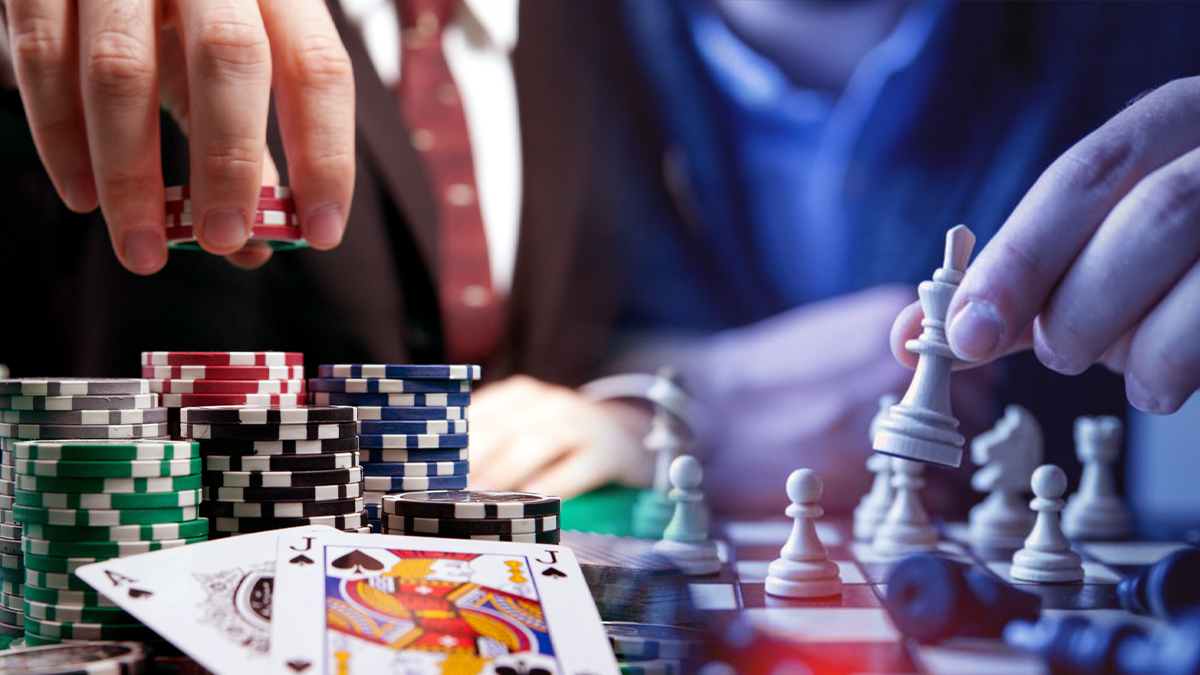
Chess is a unique game that has been around for centuries. Its rules and strategies have been honed over time to give it its current form. Chess players have been known to be excellent gamblers as well, with many players making a living from gambling on this game. So, the question arises – why are all chess players good at gambling games?
Cognitive Benefits of Playing Chess
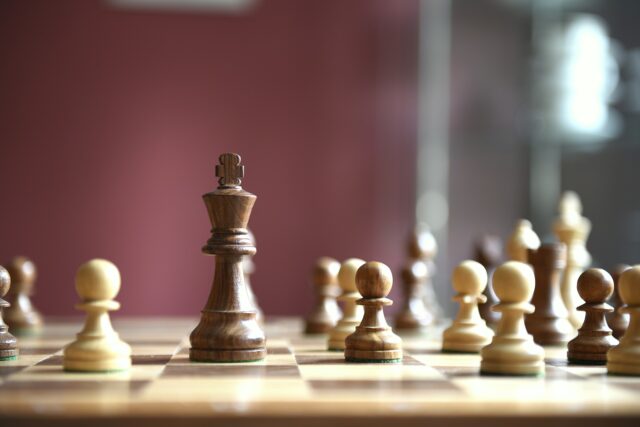
Chess is a game of logic and mental strategy, and it can be said that playing chess results in a relatively high level of cognitive benefits. Chess players must focus their mental attention, plan ahead and make quick decisions, in order to succeed in the game. These skills are easily transferable to the world of gambling, allowing chess players to be successful when playing other games of chance. Let’s take a look at the cognitive benefits of playing chess and how they help in the world of gambling.
Improved Problem-Solving Skills
Chess is widely considered to be one of the world’s greatest mental sports, and with good reason. Research has shown that the game has numerous cognitive benefits, including improved problem-solving skills, enhanced memory recall, increased focus and attention span, heightened creativity, and greater emotional control.
A major component of chess is problem-solving. Playing the game requires players to think through strategies and make difficult decisions within a limited amount of time. In doing so, players learn to identify patterns, recognize tactical opportunities, understand how different pieces interact with each other on the board in order to determine their own moves as well as their opponents’ possible plans.
This practice can help improve problem-solving skills in everyday life. It enables players to look at a situation from multiple angles and come up with creative solutions more quickly than someone without formal chess training would be able to do.
Increased Memory and Concentration
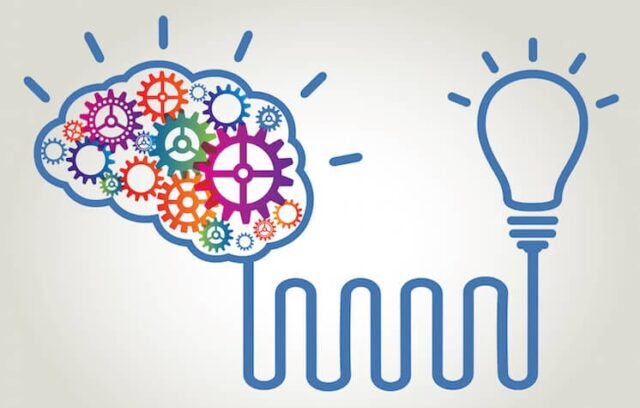
Chess is known to have many cognitive benefits and is often used as a tool for improving memory. Regular players of chess experience an increase in memory and concentration, which in turn leads to better decision-making. Chess involves memorizing moves and puzzles that can help with mental calculation and analysis. As with any mind sport, the more one plays, the more they strengthen their mental skills.
Playing chess encourages logical thought processes through consideration of multiple possible outcomes of each move. Once a player becomes proficient at chess, they need not only to remember their own moves but also to consider their opponents’ potential reactions so they can prepare countermoves. By continually reviewing situations on the board, players take into account multiple permutations when making decisions and assessing potential outcomes – further developing their logical abilities. If you want to test your logical abilities while gambling go try out Casino Joo and see for yourself.
Improved Decision-Making
Chess is often referred to as “the game of kings”, and for good reason. A game of chess requires keen strategy, forethought and intuition. Playing this classic game can help improve decision-making skills by teaching players how to make choices based on analysis and evaluation of different potential outcomes.
When playing chess, players have to think several steps ahead in order to anticipate the moves of their opponent and make the best decision possible given their current position. This means that by playing chess, people will become more skilled at looking into the future and considering the multiple possibilities when making decisions—skills that can be applied in everyday life as well.
Moreover, plays are often rewarded for taking risks which can help cultivate a greater sense of risk-management strategies in players’ lives. Players learn that taking risks can pay off if done thoughtfully when it comes to big decisions like career or financial related choices or even smaller day-to-day ones such as choosing where to go for dinner or finding a job interview outfit you feel confident wearing.
Chess and Gambling: Similarities
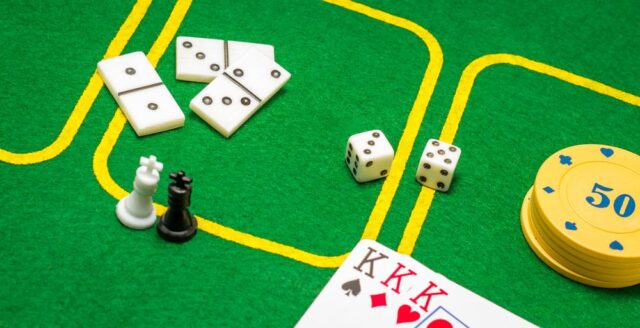
It is a classic board game that is centuries old, and is enjoyed by millions of people around the world. It has a strong connection to gambling games, as both require strategy and decision making. These players often excel at other gambling games due to their ability to strategize and think ahead. In this article, we’ll examine the similarities between these two, and how they can help you become a better gambler.
Risk Taking
The similarities between them come down to risk-taking. Chess—much like gambling—necessitates risk-taking. Players have to take risks in order to gain a strategic advantage or exploit an opponent’s error. When playing both games, players need to evaluate which risks are necessary and beneficial and understand how they contribute to achieving the higher goal of winning the game.
Both involve determining when it’s best to take a calculated risk without making too many imprudent moves that could lead you astray or give your opponent the lead. The ability to evaluate risks well comes with experience, as players become better versed in assessing their chances at success or failure when taking a chance on a given move.
Strategic Thinking

An important similarity between these two is the role that strategic thinking plays in both games. Good players of both are able to use their skills in analyzing their own and their opponents’ moves to gain an edge over the competition. Both are games where the outcome depends partially on luck, but can be influenced heavily by manipulating the odds with clever strategies.
In chess, clever moves can give a player an advantage that increases as the game progresses. This advantage then translates into an increased likelihood of winning or at least drawing a game. In gambling, knowledge of probabilities and general statistics can help a player make informed bets with better odds built into them – something valuable for any gambler.
Ability to Calculate Odds
Mental calculation of probabilities is an important skill in both gambling and chess. Both activities require players to make decisions based on calculations of likelihood, rate of success, and risk-reward ratio. Before making a move in either game, participants must evaluate the options and consider the possible outcomes.
In both gambling and chess, players must understand the situation before taking any action. They must determine risks versus rewards as well as consider expected monetary losses vs potential gains. They also need to read their opponents’ moves and calculate how best to counter or benefit from them. Even when faced with overwhelming odds, experienced players must strive to make rational decisions whenever possible and take calculated risks when warranted.
Conclusion
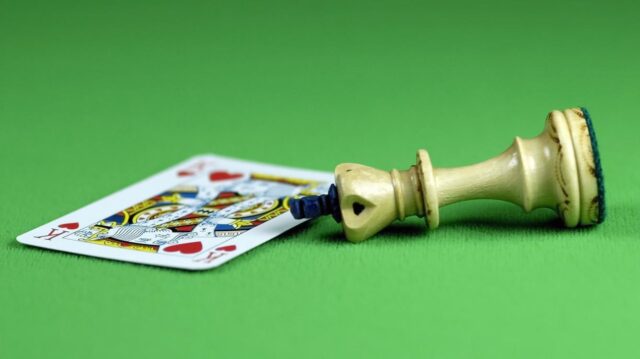
Chess players are often very good at gambling games because they have the required skill set to succeed. They have the ability to think strategically, calculate probabilities, and make decisions quickly which are all essential for gambling games. Additionally, their ability to stay focused for a long period of time allows them to get through difficult or tedious hands and make better decisions. Ultimately, this skill set leads to a higher chance of success when it comes to gambling games.



